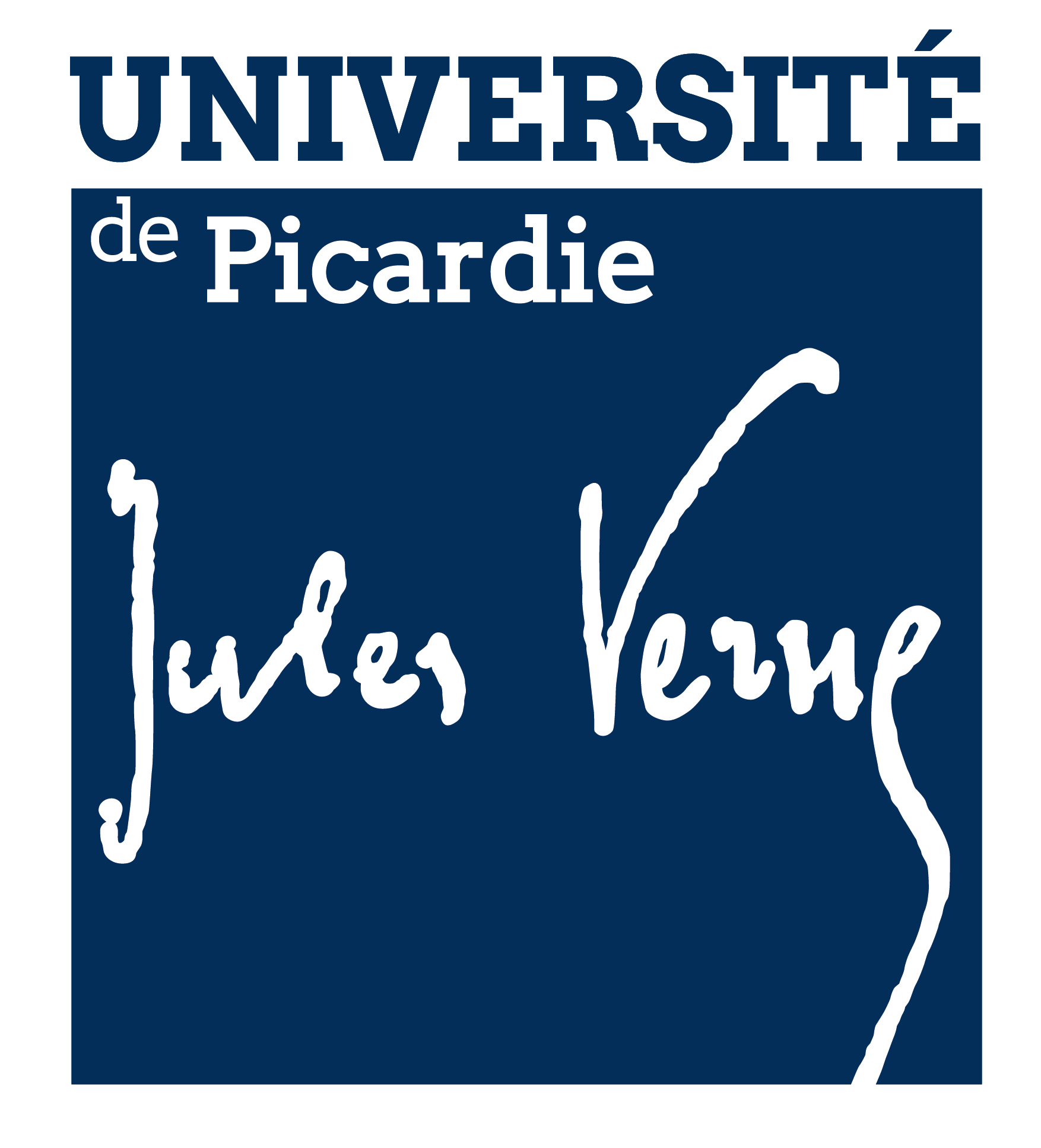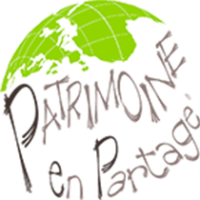-
Cultural and creative industries
-
Energy and Environment
-
Societal and economic transition & Risk management
Living in the World (HM)
Research unit - UR 4287
Living in the World is a multidisciplinary team of anthropologists, geographers and sociologists, who participate in a reflection on the conceptualization of the inhabited.
The preferred approach is the study of social processes, both singular and collective.
From this point of view, inhabiting it is to be taken as a possible tool the analysis of certain phenomena, new or not, of the contemporary world. Its conceptualization is based on the double scope of inhabiting it, existential and singular, on the one hand, and political and collective, on the other.
Inhabiting is a multidimensional human experience. One inhabits places and temporalities, representations and imaginaries, practices, but also a body and a language, as well as being inhabited by them. The profound transformations of our societies, especially those induced by globalisation and the crises they generate, question these experiences.
The team’s project is based on the fact that inhabiting them allows us to understand them and make them intelligible.
-
Sophie Chevalier
Director -
Gaëlle Stephan-Blanchard
Secretary
10 rue des Français libres
Pôle Citadelle - Maison de la Recherche
80080 AMIENS
Effectif
Effectif total : 14
Personnel de recherche : 9
Personnel d'appui à la recherche : 1
Skills
• Axis 1: Inhabiting, inhabitants: spaces of cities and natures
Spatial representations; urban transformations, vulnerabilities, urbanity; cultural ecology, circular economy; environmental policies and social inequalities; reclassification of resources.
• Axis 2: Living, inhabitants: art, cultural and leisure practices in globalisation
Artists and migration; globalised circulation of art practices; gambling and betting in globalisation; intangible heritage.
• Axis 3: Inhabitants: circulation and exchanges
Constructing one’s place; rural and urban worldexchanges; transnational commercial spaces; south-north and south-south migration.
• Transversal methodological axis
Empirical and inductive approach; use of multimedia(photographs and movies; sounds) in research.
Example(s) of projects
analysis of circular economy and comparative analyses of local « zero waste » programmes.
Partners: Essex County Council, Kent County Council, Peterborough Environment City Trust, Ecowise Ekodenge Limited, Anglia Ruskin University, Morlaix Community, Neoma Business School, UniLaSalle Polytechnic Institute (UniLaSalle), ESITC Caen.
Budget: 272 000 €
2. PHIPA : ″Horse betting, what are the prospects ? Socio-anthropological approaches to punters and their gambling practices″:
comparative analyses of horse betting, sports betting and gambling practices.
Partners: French Horse and Riding Institute (IFCE).
Budget: 15 450 €
3. Action research with Doctors of the World (Médecinsdu Monde): ″Urban waste management in Nepalgunj (Nepal)″:
analysis of practices and representations of waste workers.
Budget: 10 000 €
4. PEPS project 2019-2020 ″What barriers to mobility for young people in Hauts-de-France?″:
Partners: Le Tas de Sable, Hauts-de-France Region
5. THERMAPOLIS National Research Agency (ANR):
An original public service between past and future: Public baths in France and Western Europe.
Budget: 251 000 €
Example(s) of publications
(Plastic pollution, a return to awareness), [The Conversation, Extrait] In : Manuel scolaire, SES Terminale (733759), Paris, Éditions Bordas, p 395.
2. Bouhali, A., 2020, ″Vers l’émergence d’un modèle du quartier commercial transnational ? Les quartiers du made in China au Caire et à Oran″ (Towards the emergence of a transnational commercial district model? The "made in China" districts in Cairo and Oran), M@ppemonde.
3. Chabrol, M., 2020, ″Entre pratiques et régulations : quelles places du commerce ethnique à Paris?″ (Between practices and regulations: which places for ethnic trade in Paris?) in A. Fleury (dir.) Le petit commerce dans la ville monde, Paris, Éditions L’œil d’or (with A. GoreauPonceaud)
4. Chevalier, S., 2019, ″The Politics and Moral Economy of Middle-Class Consumption in South Africa″, In: D. Posel and I. Van Wilk (eds), Conspicuous Consumption in Africa, Johannesburg, Witwatersrand University Press.
5. Dauphin, F., 2019, ″Habiter clandestinement les carrières souterraines de Paris : normalisation et conflits au sein d’un patrimoine″ (Clandestine living in the underground quarries of Paris: normalisation and conflicts within a heritage) - Communications, vol. 105, n°2. 131-148.
Collaborations/Partners/Scientific clients
International : Anglia Ruskin University (United-Kingdom)
Applications sectors
- Art / Culture
- Education / Training
- Science / Research
Services provided
Training offers
Consulting services
Affiliated institutions / organisations
Groups/Networks/Federations
Regional strategic areas of activity
- Cultural and creative industries
- New ways of learning
- Virtual Reality, Augmented Reality, 3D and 360° Interaction
- Energy and Environment
- Observation, monitoring and management of the environment
- Societal and economic transition & Risk management
- New economic models
- Resilience, risk factors and fragility
- Societal issues, employment, inclusion, social innovation
- Territories, heritage and culture


